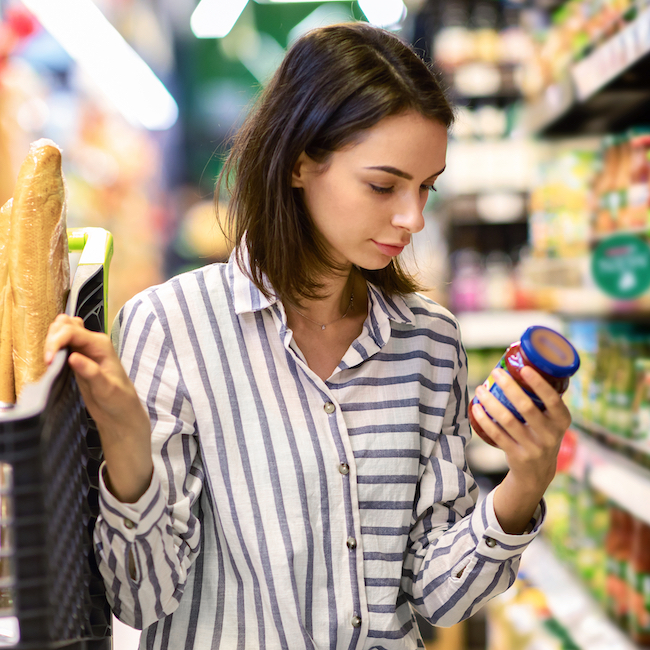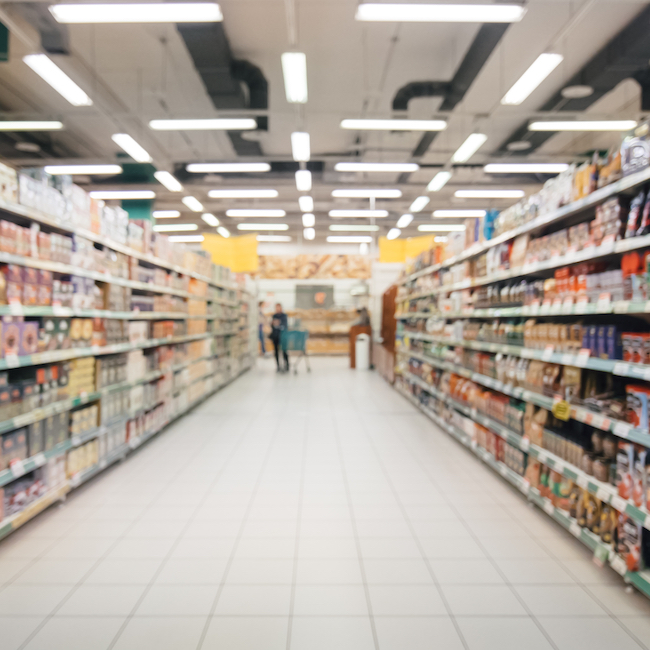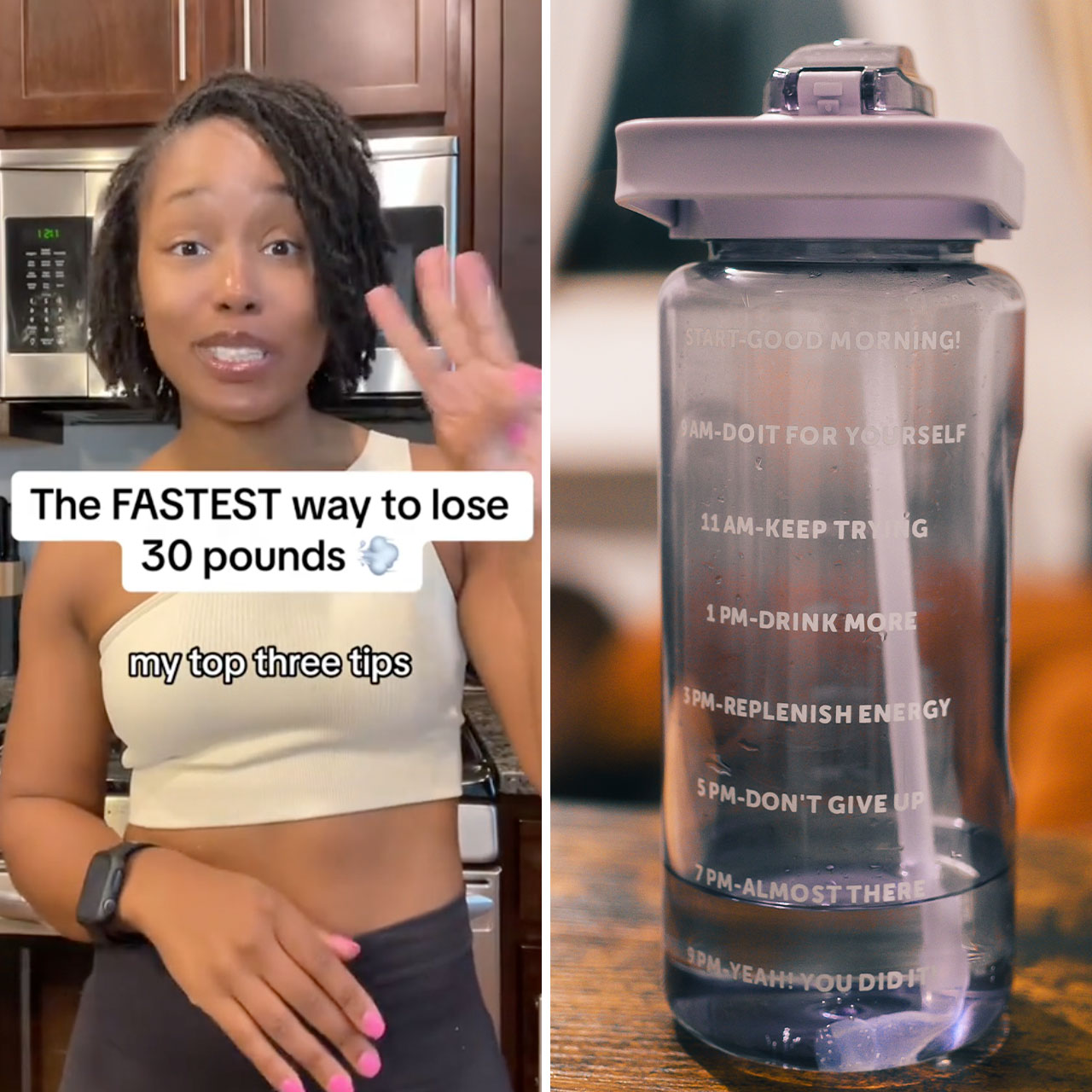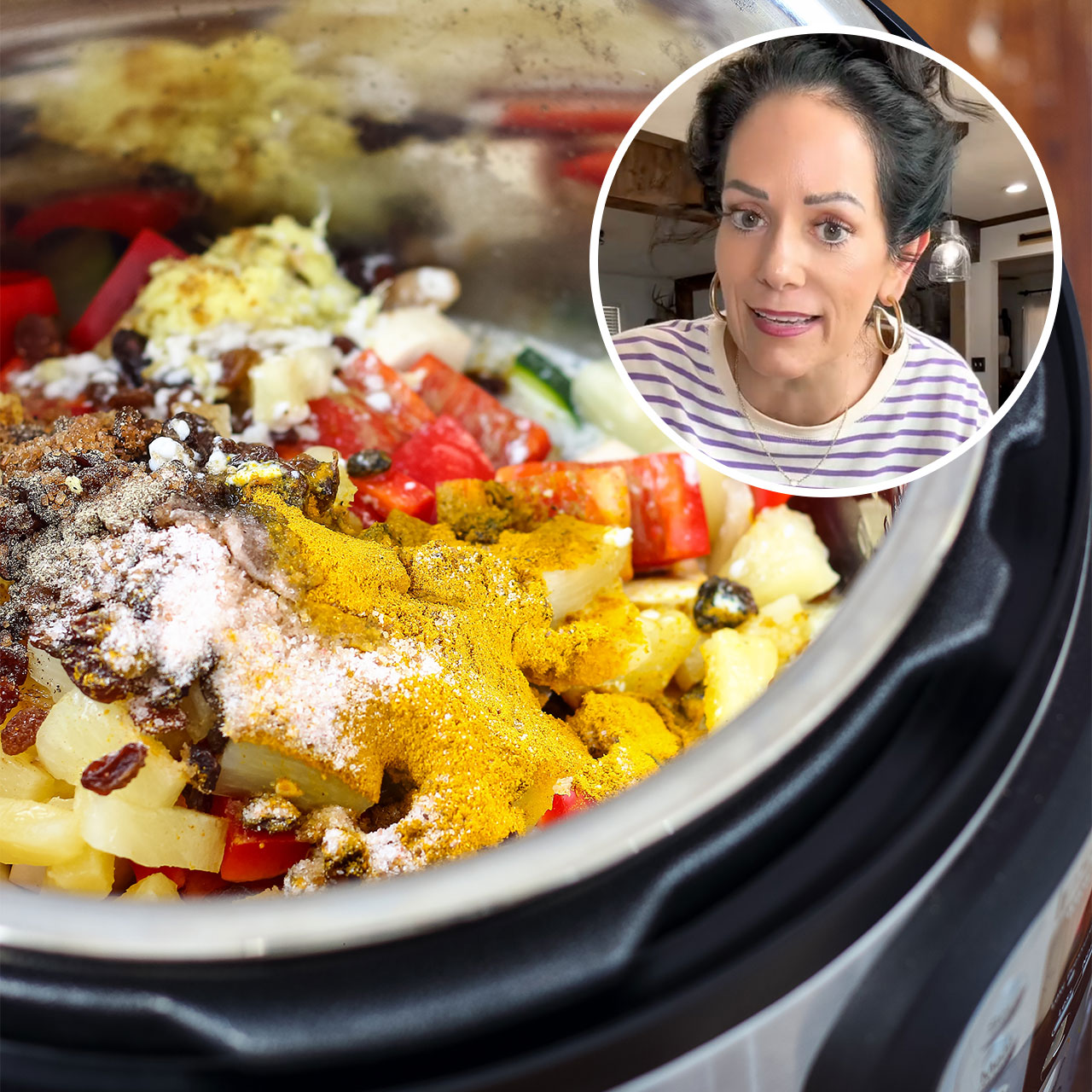This post has been updated since it was originally published on December 8, 2021.
It almost feels like it’s impossible to keep track of what foods are safe to eat and what foods aren’t anymore. With the prominence of social media, it seems like there are an endless number of opinions saying there’s a new “toxic food” on the market that needs to be eliminated from your diet. As a matter of fact, according to Nicole Ritieni, an Integrative Nutrition Health Coach and RN, “In regards to our bodies, toxins in general include substances that are harmful to our natural biological processes. We are constantly exposed to toxins on a daily basis from all different sources. Our food unfortunately has become a major one, and it can be difficult to differentiate these days.”
For this reason, grocery shopping can be incredibly stressful. While there is no single food that should be villainized or eliminated altogether, it’s important to know how certain ingredients may impact your body and adjust your diet accordingly. Here are four foods to consider cutting back on during your next grocery trip.


Deli Meat
“Food that is rich in saturated fat increases total cholesterol, LDL, and lipoprotein (Lp)a.” Says Dr. Raed Bargout, a cardiologist at Dignity Health-Glendale Memorial Hospital in Glendale, California. “Processed deli meat is on the top of the list for food that can increase the risk of cardiovascular events including heart attacks and stroke.” He adds. Besides being high in saturated fat, they’re also typically packed with dyes and preservatives which are hard on the body.
High Fructose Corn Syrup
“High fructose corn syrup is appearing more frequently on food labels and consumers are often unaware of what it's doing to our bodies.” says Nicole Ritieni, an Integrative Nutrition Health Coach and RN. High fructose corn syrup is a popular, cheap option for sweetening processed foods, but it still comes at a price when it comes to your health. “It's linked to a number of chronic diseases, specifically metabolic issues such as diabetes and heart disease. [It also] places a major burden on the liver, which can cause weight gain, inflammation, and liver damage down the line.” Look at the ingredient labels on the foods you purchase closely to make sure that they don’t include high fructose corn syrup.
Sugar Free Alternatives
The way sugar has been villainized in the media has allowed for the rise of sugar free alternatives on the market. However, they may be just as bad as raw, natural sugar—if not worse. “People hear so many times that sugar is bad for them. In an attempt to eat healthier it sounds enticing to find “sugar free alternatives'' on the shelf and it helps soothe the guilt. That’s why these products are so popular,” says Pamela Barton, R.H.N., NNCP, Founder of Butterfly Nutrition, “In a lot of cases, reducing sugar intake is a good idea. But it’s not necessarily healthier or better for you to grab the sugar free alternative to the same food. Evaluating what we are eating in the first place would be the better approach to reduce sugar intake.”

Breakfast Cereals and Snack Bars
This may surprise you, but breakfast cereals and snack bars are often extremely high on sodium. Too much sodium in your diet can be threatening to your wellbeing. “A diet habitually high in sodium intake leads to higher risk for heart attacks, strokes, kidney disease and eye problems—particularly in people with elevated blood pressure and who are salt sensitive,” says Andrew Odegaard, Associate Professor and Ph.D., for the University of California, Irvine. “Many brands and foods under this category which are consumed for snacks are highly processed and have high sodium levels. Rather than reaching for these, a good swap could be a whole piece of fruit, like an apple, pear, or orange.”
As stated previously, there’s no one food you should remove from your diet altogether. But, being knowledgeable on what the food you eat contains, and better yet, how it impacts your body, is necessary for leading a balanced, healthy life.


























